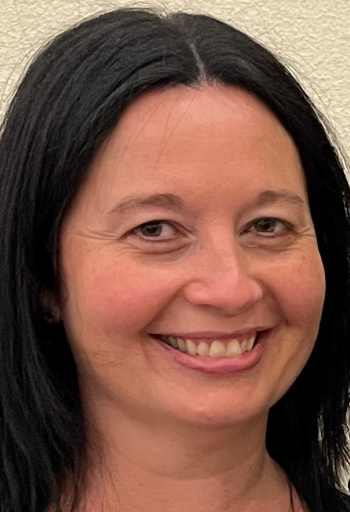Wayne State University no longer has lecturers, and everyone — including the former lecturers — say that’s a good thing.
Earlier this year, lecturers and senior lecturers were transitioned to the titles of assistant professors of teaching and associate professors of teaching.
The title changes — which also come with some added job security, eligibility for promotional increases equivalent to other full-time faculty and more representation in terms of shared governance — came about during discussions that were part of contract negotiations last year between the university and the Wayne State chapter of the American Association of University Professors-American Federation of Teachers.

“There was a lot of confusion around our titles to begin with because lecturers at other institutions are part-time faculty members,” said Christine Knapp, an assistant professor of teaching of French and chair of the soon-to-be renamed Lecturers Steering Committee. “Even when we told students that we were lecturers, they didn't really understand what that all meant. So that's part of it. Now we're proud to use our titles, we're proud to introduce ourselves as assistant or associate professors of teaching. Those are common things that I hear from people that I'm talking to across campus since the changes.”
Teaching faculty are also eligible for more standardized and meaningful promotions. The only possible promotion for a lecturer was to senior lecturer. Teaching faculty can now be promoted to associate professors of teaching, and then eventually to full professors of teaching. Those promotions also come with larger raises.
Additionally, after six years at Wayne State, teaching faculty will now receive four-year contracts with a presumption of renewal, which gives them more job security.
“It's not ESS (employment security status), and it's not tenure, but it's much better,” said Knapp.
Boris Baltes, senior associate provost for faculty affairs and associate vice president of academic personnel and interim dean of the College of Education, said the administration and union agreed the changes were a good idea, and he feels they “better demonstrate the university’s respect for the very important role that teaching has at our institution."
Caroline Maun, chair of the Department of English, agreed.

“We depend on teaching faculty to deliver our curriculum, to mentor and train our graduate student teachers. They develop new curriculum, they do community engagement,” said Maun. “It requires a tremendous amount of creativity and investment in our program on the part of these teaching faculty members. It's good to be able to recognize them. It seems like maybe a small change, but it's actually a big change.”
In fact, Knapp said Wayne State is at the forefront of improving job security for teaching faculty.
“There are only four peer institutions that have professors of teaching or equivalent titles on their campuses. So, this is just a general movement toward professionalizing contingent faculty across the country. We're proud to be part of that trend.”
